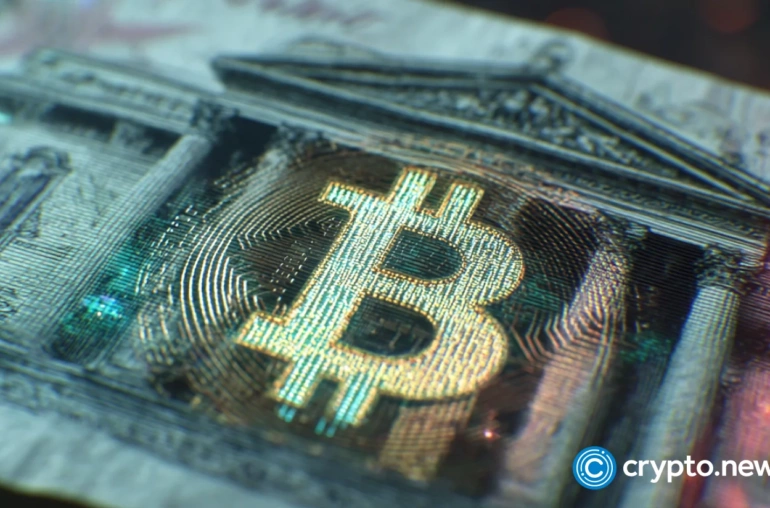
Understanding Vietnam’s Massive Bank Account Closures
In a significant move, the Vietnamese government has announced the closure of 86 million bank accounts that failed to comply with biometric verification standards. This sweeping action has stirred conversations across the financial and crypto communities, igniting debates about the future of traditional banking and the potential for cryptocurrencies like Bitcoin to offer a solution.
The Context Behind the Closures
The closure of such a large number of bank accounts raises critical questions about financial inclusion and access in Vietnam. As the country strives to modernize its banking system and enhance security measures against fraud and money laundering, the implementation of biometric verification is seen as a necessary step. However, the abrupt nature of these closures has left many individuals without access to their funds, prompting concerns about the implications for financial stability and personal freedom.
Why Bitcoin Advocates Are Taking Notice
For cryptocurrency advocates, these developments in Vietnam serve as a compelling argument for the adoption of Bitcoin and other decentralized currencies. The essence of Bitcoin lies in its ability to provide an alternative to traditional banking systems, which can be subject to government regulations and restrictions. When individuals face the risk of losing access to their bank accounts due to regulatory changes or compliance issues, Bitcoin offers a way to maintain control over personal finances without interference.
The Advantages of Bitcoin in Light of Recent Events
- Decentralization: Unlike traditional banks, Bitcoin operates on a decentralized network that is not controlled by any single entity, allowing users to hold and manage their assets without fear of governmental intervention.
- Accessibility: Bitcoin can be accessed by anyone with an internet connection, making it a more inclusive option for those who might be excluded from the traditional banking system.
- Financial Sovereignty: Bitcoin empowers individuals to take control of their finances, offering an alternative to reliance on banks that may impose strict controls or arbitrary closures.
The Future of Banking and Cryptocurrency
The situation in Vietnam highlights a growing trend where individuals seek alternatives to traditional banking systems. As governments around the world implement stricter regulations, the appeal of cryptocurrencies continues to rise. Bitcoin, in particular, is championed as a safeguard against the risks associated with conventional banking practices.
While the closures in Vietnam may seem like a localized issue, they resonate on a global scale, prompting a reevaluation of how we perceive and interact with our finances. As more people become aware of the benefits of cryptocurrencies, the movement towards a decentralized financial future gains momentum.
Conclusion
As Vietnam navigates this complex landscape of bank account closures and biometric verification, the discussion surrounding Bitcoin and its role in financial freedom becomes increasingly relevant. For those who advocate for a decentralized financial system, these events underscore the importance of exploring alternatives to traditional banking, pushing for wider acceptance and understanding of cryptocurrencies like Bitcoin.
In the face of regulatory challenges, it may be time to reconsider how we approach our finances and the systems that govern them. Bitcoin could very well be the key to unlocking a more secure and autonomous financial future.



